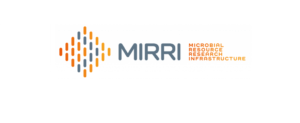The 2nd MIRRI/IS_MIRRI21 TNA Call closed on 31st May 2022.
There will be no further TNA Calls in the IS_MIRRI21 project.
In line with the positions of the European Commission and the European Strategy Forum on Research Infrastructures, MIRRI informs its user communities that, until further notice, requests for accessing resources/services provided by MIRRI partner organisations located in the Russian Federation will not be considered. Moreover, requests submitted to MIRRI by users based in the Russian Federation or in the Republic of Belarus for accessing resources/services provided by MIRRI and/or any of its partners organisations will also not be considered. MIRRI joins the voices of all who are calling for peace, mutual understanding and tolerance. MIRRI promotes scientific excellence beyond all national boundaries, but this is only possible in a context of peaceful cooperation banning all forms of violence.
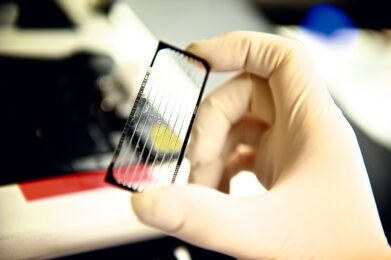
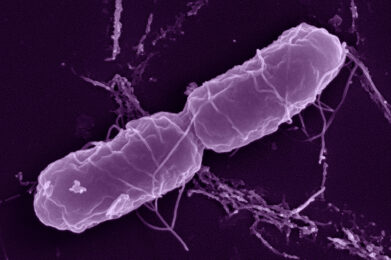
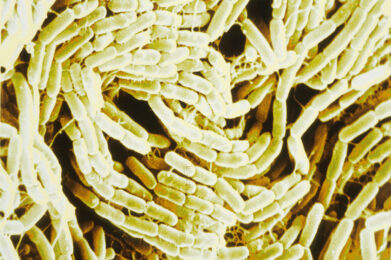
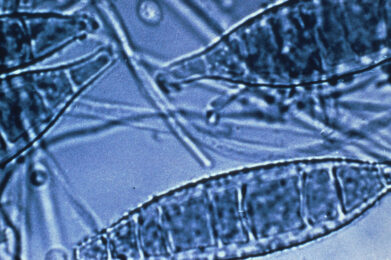
The BBMS programme
The Microbial Resource Research Infrastructure (MIRRI) and the British Embassy Lisbon, with the technical support and expertise from the UK-based consultancy firm Intercil, have just co-launched the Biotech’ Business Mentorship Support (BBMS) Programme.
This pilot programme aims at providing funded tailored support for researchers selected by MIRRI among the applicants to the 1st Transnational Access call, in the form of a mentorship scheme to cover crucial research-to-market topics.
By the end of the programme, participants will have defined their value proposition, further validated their idea, and developed a better understanding of their innovation’s route to market.
The BBMS programme will be launched on Wednesday, 2nd February. A public presentation of outcomes is scheduled for early April.



![]()
Eligibility
Applicants should contact the Access Officer for technical verification and feasibility of their proposals prior to application.
Eligibility of proposals will be assessed upon the following criteria:
- The access must be trans-national for selected ‘users’, i.e., users must apply for access in a country other than the one of their home institutions.
- PhD students, postdocs, researchers, or research engineers working/studying in recognised academic or research institutions, non-profit organisations or biotechnology companies can apply for the TNA. Early career researchers, multidisciplinary proposals and applicants from non-microbiology fields are also encouraged to apply.
- Master and bachelor students are not eligible.
- The call is open to worldwide applications, but limited to 20% of the total participants for residents in non-EU countries .
- Access is funded for a period no longer than 30 calendar days.
- Visits must be carried out from the signature of the contract to November 2022 included.
- The applicants must have an active contract with their home institution by the period of the access.
- The applicants must have the complete support and validation of their home institution.
- Only proposals submitted before the call deadline will be accepted.
Additional information:
- Collaborations with the Access Provider’s staff are encouraged but not mandatory.
- All data obtained during the TNA should be Open Access (except in the case of the SMEs), and publications using this data should include the IS_MIRRI21 acknowledgement text.
- Users coming from outside the EU will need to make their own visa and travel insurance arrangements.
TNA Catalogue
The TNA catalogue describes the offer of each Access Provider for the current Open Call.
With the 2nd TNA call, users can get access up to six experimental facilities, three microbial resources and 4 remote services, along with the expertise of the Access Providers’ staff.
In the Table below, the TNA offer for this call is listed.
Access Provider | Infrastructure | TNA offer | Country |
FACILITIES | |||
Netherlands Academy of Arts and Sciences-Centraalbureau voor Schimmelcultures - KNAW | Westerdijk fungal biodiversity institute - CBS | Heterologous expression of silent fungal gene clusters | Netherlands |
BELSPO-BCCM | Agro-food & Environmental Fungal Collection - MUCL | In vitro culture of arbuscular mycorrhizal fungi. | Belgium |
BELSPO-BCCM | Fungi Collection: Human & Animal Health - IHEM | Pathogenic fungi: preservation, MALDI-TOF MS & medical importance of dermatophytes. | Belgium |
BELSPO-BCCM | Cyanobacteria Collection - ULC | From the isolation of cyanobacteria, over their cultivation and preservation, to their characterization. | Belgium |
Universitat de València – UVEG | Spanish Type Culture Collection - CECT | Microbial preservation methods and quality control procedures. | Spain |
Università degli Studi di Torino - UNITO | Mycotheca Universitatis Taurinensis - MUT | Identification of fungi in pure culture. | Italy |
PRODUCTS | |||
BELSPO_BCCM | Agro-food & Environmental Fungal Collection - MUCL | Arbuscular mycorrhizal fungi strains produced in vitro. | Belgium |
Universitat de València – UVEG | Spanish Type Culture Collection - CECT | Archaea, bacteria, yeast and filamentous fungi from the UVEG-CECT public catalogue. | Spain |
Institute of Biochemistry and Physiology of Microorganisms, Russian Academy of Sciences – IBPM - RAS | All Russian Collection of Microorganisms - VKM | Microbial strains from extreme Russian environments | Russia |
SERVICES | |||
Universitat de València – UVEG | Spanish Type Culture Collection - CECT | Phylogenomics and phenotype prediction of prokaryotes. | Spain |
University of Latvia - UL | Microbial Strain Collection of Latvia - MSCL | In vitro screening and testing of Minimal Inhibitory Concentration (MIC) | Latvia |
Università degli Studi di Torino - UNITO | Mycotheca Universitatis Taurinensis - MUT | Multi-Locus Microsatellite Typing (MLMT) | Italy |
University of Minho - UMinho | Micoteca da Universidade do Minho - MUM | Food mycology | Portugal |
TNA process – Application procedure
The Second Transnational Access call will open for submission starting from February 1st, 2022.
The TNA call involves 8 steps outlined in the figure below. Proposals must be submitted online through the TNA portal.
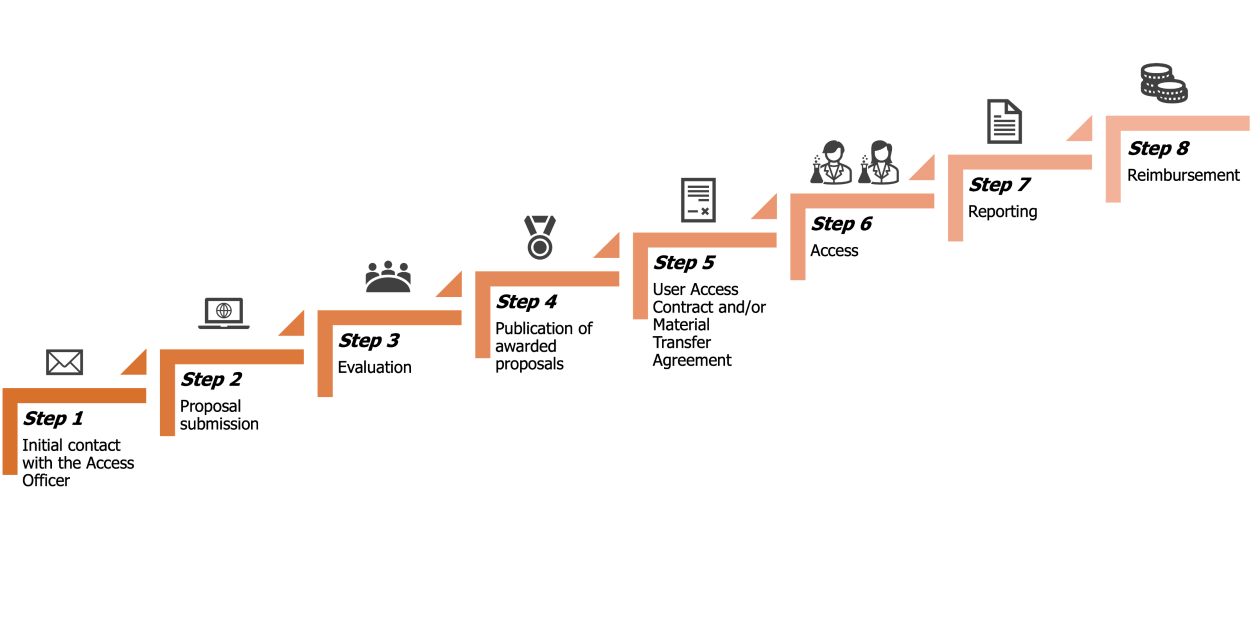
The applicants should draft a research proposal according to the parameters described in the application form. They should complete the application online and upload the requested documents
- Eligibility check: The Access Officer will select only the proposals that fulfill all requirements enlisted in the eligibility section to continue with the evaluation process. Incomplete proposals will not be considered.
- Feasibility check: Liaison Officers determine the feasibility of the projects regarding technical/logistical aspects and its coherence with the TNA offer. This is done prior to the scientific review.
- Scientific review: Selection of proposals is based on peer review evaluation with excellence as the main criterion. The scientific review uses a panel-based system called User Selection Panel (USP). This panel of external high-level scientist and scholars scores the research projects, and the highest ranked proposals are selected to receive funded access to the research infrastructures/offers.
Applicants will be notified of the final decision via email and selected proposals will be publicly announced through the webpage of MIRRI and other communication channels.
The physical access should be carried out under the terms of a contract signed by the Access Provider and the users’ host institution This is a legally binding document in which rights, obligations and technical and logistical details of the TNA visit/project are specified. The shipping of biological material, if necessary, during the physical or remote access, should be carried out under the Material Transfer Agreement (MTA) terms. In case of accessing virtual services, the user should accept/read the Terms of Use established by the Access Provider.
The user develops the research project awarded.
- Sign a “Confirmation of Access” form
- Deliver an “Activity Report”
- Answer an “User questionnaire”
- Submit a survey about the TNA experience
TNA portal and proposal submission
Before submitting a project proposal, users must first register in the TNA portal. Once registered, applicants must follow the specifications
- Choose the offer of interest
- Fill out the forms
- Upload the documents requested
- Accept the terms and conditions
- Submit the proposal
Once the call is closed, applicants can monitor the status of their application via the TNA web platform and stay up to date about the results.
Users’ data will be kept private and will be accessible only by those involved in the selection procedure of the IS_MIRRI21 TNA call. Personal information is required for statistical records of our programme and reporting to the European Commission. Its use follows EU laws on data protection.
The second TNA call is now open!

Access Providers
In the frame of the 1st TNA call, IS_MIRRI21 provided access to any of the installations from 14 partners across Europe. Five IS_MIRRI21 partners were selected by the awarded users to carry out their research projects. Hence, for the 2nd call, the remaining nine partners will be offering access to their facilities, microbial products, and services.
The map below shows the Access Providers participating to the 2nd TNA call:
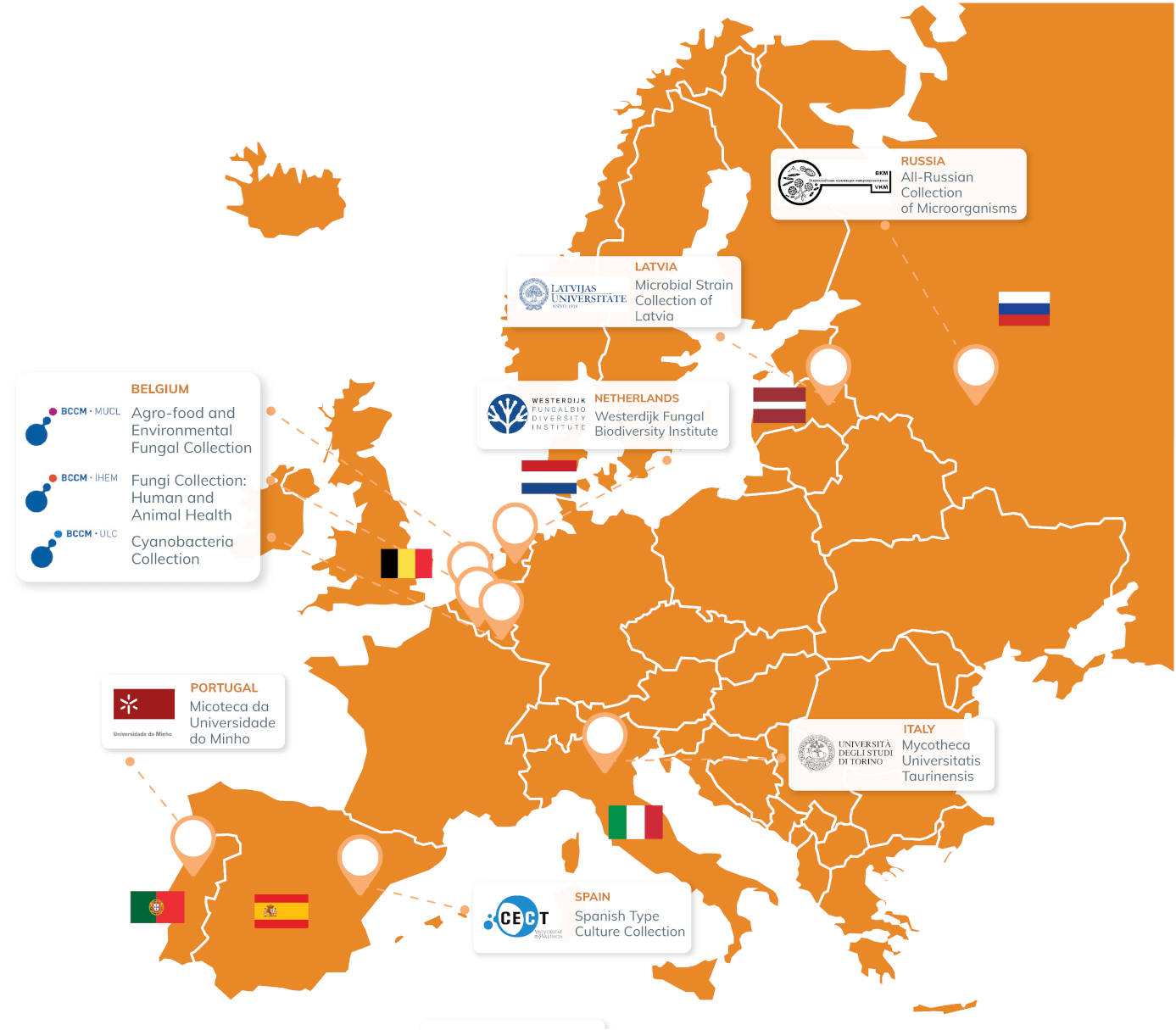
For further information about the partners click here.
The evaluation procedure
The selection of proposals for the IS_MIRRI21 TNA is based on peer review evaluation with scientific excellence as the main criterion. The TNA programme uses a panel-based evaluation system called User Selection Panel (USP). This panel of independent scientists scores the proposals for funding the access to the IS_MIRRI21 partners.
A minimum of two evaluators will be assigned to each proposal. Each reviewer will evaluate the research project proposal and the applicant profile. The review will consist in providing scoring based on established criteria and brief explanatory comments sustaining the score given to the research projects and the applicant. These comments will be summarised in a final statement called “evaluation report”.
The evaluation and selection of proposals will be carried out under the principles of excellence, transparency, fairness and impartiality, confidentiality, efficiency, ethics, and research integrity considerations. The USP will score each proposal according to the following criteria:
- Is the proposal aligned with MIRRI’s Strategic Research & Innovation Agenda 2021-2030 in the domains of (1) health & food, (2) agro-food or (3) environment & energy?
- Are the objectives ambitious and beyond the state of the art? Does it propose original concepts, approaches, or development between or across disciplines?
- Is the proposed research high-risk/high gain?
- Could the outputs of this research be envisaged to have an impact on future research or technology?
Scientific Approach
- Are the proposed research methodology and the access arrangements appropriate to achieve the goals of the project?
- Does the proposal involve the development of novel methodology or the use of technology non-commonly applied in the field
- Is the use of the facility, the proposed access planning, resources, and applicant’s commitment adequate and properly justified?
- Does the applicant have the required scientific expertise to successfully execute the project?
- To what extent the new competences and skills that will be acquired during the access are relevant to the researcher’s existing professional experience or will give a boost to her/his future career?
Finally, the applications will be scored using the following values:
| Score | Definition |
5 | Excellent. Proposal successfully addresses all relevant aspects of the criteria.. |
4 | Good. Proposal addresses the criteria very well. Any shortcomings are minor. |
3 | Fair. Proposal addresses the criteria, but a few shortcomings are present. |
2 | Poor. The criteria are inadequately addressed, or there are serious inherent weaknesses. |
1 | The proposal fails to address the criteria or cannot be assessed due to missing or incomplete information. |
Publication of awarded proposals
Applicants will be notified of the final decision via email and selected proposals will be announced through the web page of MIRRI.
Material Transfer Agreement (MTA) and User Access Contract
An MTA [Material Transfer Agreement] (for shipping of microbial strains/biological material) or a “User Access Contract” (for physical access and remote services) should be agreed between the user and the Access Provider specifying the terms and conditions of the access.
The User Access Contract is a legal document that specifies the rules, obligations, logistics and technical details of the TNA visit. This also specifies the administrative procedures for the reimbursement of travel and subsistence expenses. The user will negotiate details with the Liaison Officer or the legal office from the Access Provider.
Users are encouraged to verify in advance with the Liaison Officer the reimbursement procedures required by the Access Provider.
The contract is signed by the legal representatives of the Access Provider, the user’s home institution and the user.
The project starts officially as soon as the contract is signed according to the dates and conditions specified in the document.
Access
Material Transfer Agreement (MTA) and User Access Contract
An MTA [Material Transfer Agreement] (for shipping of microbial strains/biological material) or a “User Access Contract” (for physical access and remote services) should be agreed between the user and the Access Provider specifying the terms and conditions of the access.
The User Access Contract is a legal document that specifies the rules, obligations, logistics and technical details of the TNA visit. This also specifies the administrative procedures for the reimbursement of travel and subsistence expenses. The user will negotiate details with the Liaison Officer or the legal office from the Access Provider.
Users are encouraged to verify in advance with the Liaison Officer the reimbursement procedures required by the Access Provider.
The contract is signed by the legal representatives of the Access Provider, the user’s home institution and the user.
The project starts officially as soon as the contract is signed according to the dates and conditions specified in the document.
Support provided before, during and after the access
The Access Officer is the main contact during the TNA call, assisting the applicants during the whole TNA process.
Scientific support
The facilities provide users with basic equipment for physical access. Experimental support includes the supply of standard disposables and the use of standard laboratories. The applicants should list in the proposal the equipment and disposables needed to execute their work. The Access Provider specifies what items in this list constitutes “standard” and which are not. Items outside the aforesaid definition of “standard”, such as unusual and/or expensive consumables are not included in the access, and either must be supplied by the user or ordered by the access provider and then charged to the user.
Research staff from the Access Provider might collaborate with the users. In that case, users and collaborators at the facility share all foreground knowledge developed during the TNA visit. Both should specify, in a signed agreement, which relevant background knowledge will be excluded from such collaboration.
Logistical support
The Liaison Officers together with the facilities’ local staff will advise and assist users with logistics including bookings, travel itineraries, on-site accommodation, and local transportation.
Technical support
In case of physical access, users will benefit from access to core facilities, machines, resources, and data necessary to carry out the TNA project. If needed, training will be provided for the proper and safe use of the facility.
In case of remote/virtual access, the Access Provider will guarantee the implementation of the research activities and logistics previously agreed in the User Access Contract (more information below).
When shipping of material is required to carry out the project at the Access Provider, the user should take charge of the shipping and cover the costs. When shipping of material produced during the TNA visit is required, the Access Provider will cover the shipping to the users’ home institution using a Material Transfer Agreement (MTA).
Reporting
After completion of the project, and within 3 weeks after the access users are requested to provide, via email, a Confirmation of Access and a TNA activity report. Additionally, a user questionnaire and a feedback survey must be filled by the users to evaluate and improve the quality of access. These questionnaires should be completed within 2 weeks after the end of the TNA visit through the on-line reporting portal. Failure to provide these documents will result in no-reimbursement of the entire access costs.
Confirmation of access
A confirmation of access form should be downloaded from the TNA portal on TNA Documents . Users and access providers should complete and sign this form for each Access Provider visited during the TNA. The document (in PDF format) should be delivered to the Access Officer via email within 2 weeks after the end of the TNA completion. The confirmation of access is mandatory for the physical and remote access.
TNA activity report
A form of the TNA activity report should be downloaded from the TNA portal on TNA Documents. Users should describe in this document the objectives, methods, and preliminary results of the research project carried out during the TNA and deliver it to the Access Officer via email. This report is mandatory only for the physical access and the remote access.
One document for each Access Provider visited during the access should be filled and signed by the user within 2 weeks after the end of the TNA visit.
User group questionnaire and TNA Feedback survey
Each user from a project funded by an EU Research Infrastructure is requested to complete the “User Group Questionnaire”. The questionnaire enables the Commission to evaluate the Research Infrastructures Action, to monitor the individual grant agreements, and to improve the services provided to the scientific community.
Please complete the User group questionnaire within 2 weeks after the end of the TNA visit.
For the TNA feedback survey, the user will receive a link to answer a questionnaire within 2 weeks after the end of the TNA visit. Through this user feedback, the users will express their outcomes and experiences of their access at the visited infrastructures. These exchanges will contribute to improve future TNA calls.
Reimbursement
The reimbursement of travel and subsistence costs will be done according to the Access Provider’s national laws and procedures. Reimbursement is expected to be completed within the first month after the completion of access. Failure to provide the TNA report will result in the user being billed for the entire cost of the access.
Dissemination of results and acknowledgements
IS_MIRRI21 follows the FAIR (Findable, Accessible, Interoperable, Reusable) and Open Access principles. All projects receiving Horizon 2020 funding are required to make sure that any peer-reviewed journal article they publish is openly accessible, free of charge (article 29.2. Model Grant Agreement).
Scientific research data for publications an/or other data (such as curated but unpublished datasets or raw data) should be Open Access when there is no case of conflicts of interests regarding commercialisation of the scientific information, Intellectual Property Rights (IPR), privacy concerns and security. SMEs are excluded from this rule.
Acknowledgements
Any subsequent publication resulting from the work carried out in the framework of the IS_MIRRI21 TNA programme must acknowledge the support of the IS_MIRRI21 project and the funding from the European Union’s Horizon 2020 Research and innovation programme under the grant agreement N° 871129.


